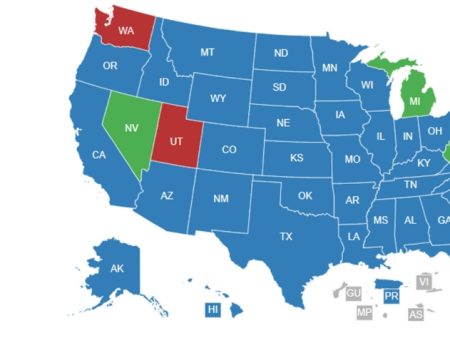In 2023, Lithuania faces a gambling crisis after losing €288 million. A surprising embezzlement case has sparked a nationwide conversation on gambling regulation. Limited gambling ads is being aimed by the new legislation as the country struggles with the balance between personal freedom and societal responsibility.

Lithuania struggles with an astonishing €288 million lost to gambling and lotteries last year. Someone discovered this in the shadow of a quiet but heartfelt crisis. The revelation has sparked a nationwide conversation on the future of gambling regulation. Virginijus Daukšys steered the Gaming Supervision Authority. It paints a grim picture of a nation caught in the vice of leisure turned into vice. This includes €222 million evaporated in gambling along. In addition to this, €66 million in lotteries.
Daukšys disclosure of the figures are not just numbers but represent a deep-seated issue within the Lithuanian society. The breakdown of these losses distinguished between recreational and problematic gamblers. It also encompasses individuals with pathological gambling habits that authorities do not track. Therefore, it leaves a gap in understanding the full impact. However, a compelling turn took in the narrative following a shocking case involving Šarūnas Stepukonis. He is a former partner at BaltCap Infrastructure Fund. Stepukonis allegedly embezzled and gambled away a monumental amount of €27 million. This incident has exposed the dark underbelly of gambling addiction and also galvanized legislative action.
Lithuanian MPs are taking a stand in response to this escalating crisis. They are taking a stand with proposed amendments to the Gambling Law aimed at curbing the allure of gambling ads. The proposed legal framework seeks to significantly tighten the noose around gambling advertising. The said framework slated for implementation in 2025. Advertisements positioned directly in front of gambling establishments or on websites dedicated to online gambling. This move emphasizes a growing recognition of the need to protect vulnerable populations from the predatory practices of gambling entities. In connection with this, to foster a healthier entertainment environment.


